Retro Replay Review
Gameplay
Machinarium delivers a classic point-and-click experience that feels both timeless and refreshing. Players guide Josef, a small robot with extendable limbs, through a series of static, hand-drawn screens, interacting with the environment to locate items, solve puzzles, and unlock new areas. The controls are intuitive: a simple click picks up an object or triggers a mechanism, and dragging items from your inventory to the world or combining them in your satchel feels fluid and natural.
(HEY YOU!! We hope you enjoy! We try not to run ads. So basically, this is a very expensive hobby running this site. Please consider joining us for updates, forums, and more. Network w/ us to make some cash or friends while retro gaming, and you can win some free retro games for posting. Okay, carry on 👍)
The puzzles strike a fine balance between crafty and fair. Early inventory-based challenges teach you the basics—combining gears or flipping switches—while later logic puzzles ramp up the difficulty with sliding tiles, circuit alignment, and pattern recognition. Importantly, there are no fail states, so experimentation never leads to frustration over wasted lives or game-overs. If you ever feel stuck, the optional hint system offers a single visual nudge per screen, and a sketchbook walkthrough unlocks via a brief side-scrolling shooter mini-game, ensuring players resist the urge to spoil every solution too readily.
Beyond one-screen puzzles, Machinarium gradually opens into interconnected zones that encourage exploration and backtracking. Josef’s ability to stretch or compress his frame adds a clever twist—sometimes you’ll need to squeeze through narrow vents or extend to reach high platforms. This physical quirk keeps the gameplay varied and leverages the richly detailed environments, making every new area feel like its own little mechanical ecosystem.
Replay value comes less from branching paths and more from enjoying the journey at different paces. Speedrunners will delight in shaving seconds off puzzle completion, while casual players can take their time soaking in the art and ambient soundscape. Either way, Machinarium’s carefully tuned challenge curve and absence of dead ends make it endlessly approachable for gamers of all skill levels.
Graphics
One of Machinarium’s standout features is its hand-drawn visual style. Every screen looks like a page torn from a sketchbook, with intricately layered machinery, rusted metal plating, and whimsical contraptions. The muted color palette—grays, sepia tones, and occasional splashes of blue or red—evokes a world long past its prime, where every gear has a story and every broken pipe whispers history.
Character design is equally inspired. Josef’s simple, rounded form contrasts beautifully with the angular silhouettes of the intimidating Black Cap Brotherhood members. The animators bring each robot to life with charming personality quirks—froglike eye movements, twitchy antennae, and fidgety limbs—all conveyed without a single line of spoken dialogue. Speech bubbles filled with pictograms feel natural in this silent world, keeping communication clear without breaking the artful immersion.
The Definitive Version and subsequent ports polish the experience further. High-resolution support makes every rivet and oil stain pop on modern displays, while updated lighting effects heighten the sense of depth. On touchscreens and controllers alike, interaction cues glow subtly to remind you where you can click, and performance optimizations eliminate any lag when dragging objects or navigating menus.
Visual flourishes—like flickering neon signs or steam venting from leaky pipes—add dynamic life to what could otherwise be static backdrops. Even when you step away from the action, you’re encouraged to pause and appreciate the craftsmanship that went into every cog and capacitor.
Story
Machinarium tells a heartfelt tale without uttering a single word. You learn Josef’s plight entirely through the environment: he begins the game dismantled on a scrap heap, slowly reassembles himself, and immediately resumes his quest to reunite with his kidnapped companion. The opening sequence sets both stakes and tone, conveying a sense of vulnerability and determination in equal measure.
The narrative arc revolves around rescuing Josef’s robot “girlfriend” from the clutches of the Black Cap Brotherhood, an unhinged gang terrorizing the city. Confrontations with these brutes—often solved through puzzle ingenuity rather than direct conflict—underline themes of resilience and cleverness over brute strength. Along the way, silent cameos from eccentric robots and background events (like a violent street chase seen through a distant window) enrich the world-building and hint at the city’s troubled history.
Without dialogue, character motivations are communicated visually via speech bubbles filled with sketches—broken hearts, menacing hats, or shining keys. This minimalist approach never feels limiting; instead, it empowers players to interpret emotions and motivations themselves. By the time the final puzzle is solved, you’re invested in Josef’s fate, and the wordless climax carries an unexpectedly emotional punch.
Side characters—from a nervous scrapyard foreman to a benevolent automaton librarian—provide brief diversions that flesh out the city’s society. Each interaction, however fleeting, leaves an impression, reinforcing the notion that even in a world of machines, compassion and camaraderie endure.
Overall Experience
Machinarium stands out as a masterclass in blending art, puzzles, and storytelling. Its hand-crafted visuals and atmospheric soundtrack create a singular mood that resonates long after the credits roll. The absence of fail states and the thoughtful hint system invite players to experiment and explore without fear, making it equally enjoyable for newcomers and veteran puzzle-solvers.
While some may find a handful of puzzles cryptic, the sense of satisfaction from cracking each intricate brainteaser is hard to overstate. The side-scrolling shooter mini-game that guards the full walkthrough is a playful touch—challenging enough to discourage reliance on hints, yet brief enough to keep frustration at bay. This design choice preserves the integrity of discovery, ensuring every “aha!” moment feels earned.
Available on PC, Mac, consoles, and mobile devices, Machinarium’s Definitive Version brings this classic to modern platforms seamlessly. Whether you prefer mouse clicks, touchscreen taps, or controller inputs, the interface adapts gracefully. At a modest price point, the game offers several hours of engaging content and enough charm to warrant multiple playthroughs.
For anyone seeking a thoughtful, visually stunning adventure that prizes creativity over combat, Machinarium remains an essential purchase. Its blend of artistry and puzzle design sets a high bar for the genre—and its wordless story proves that sometimes the most powerful narratives speak volumes in silence.
 Retro Replay Retro Replay gaming reviews, news, emulation, geek stuff and more!
Retro Replay Retro Replay gaming reviews, news, emulation, geek stuff and more!
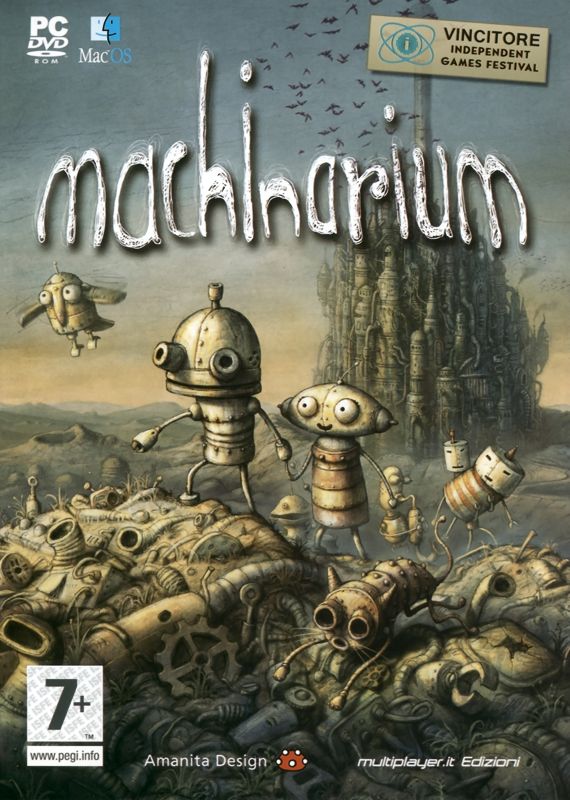
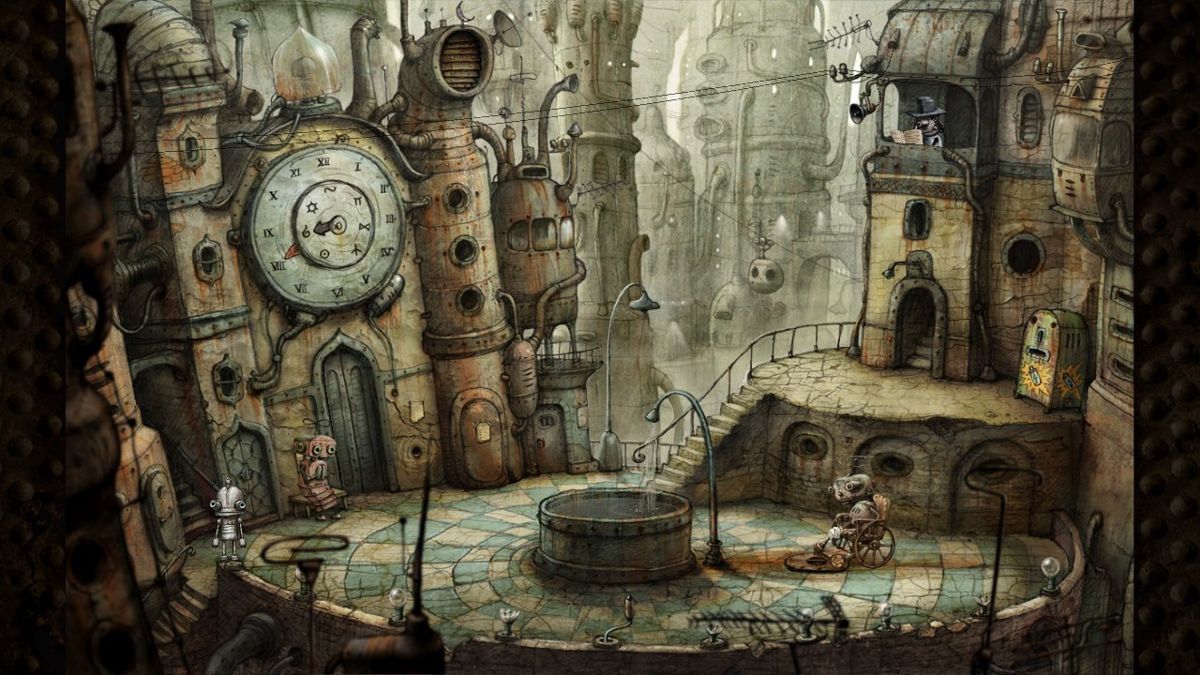
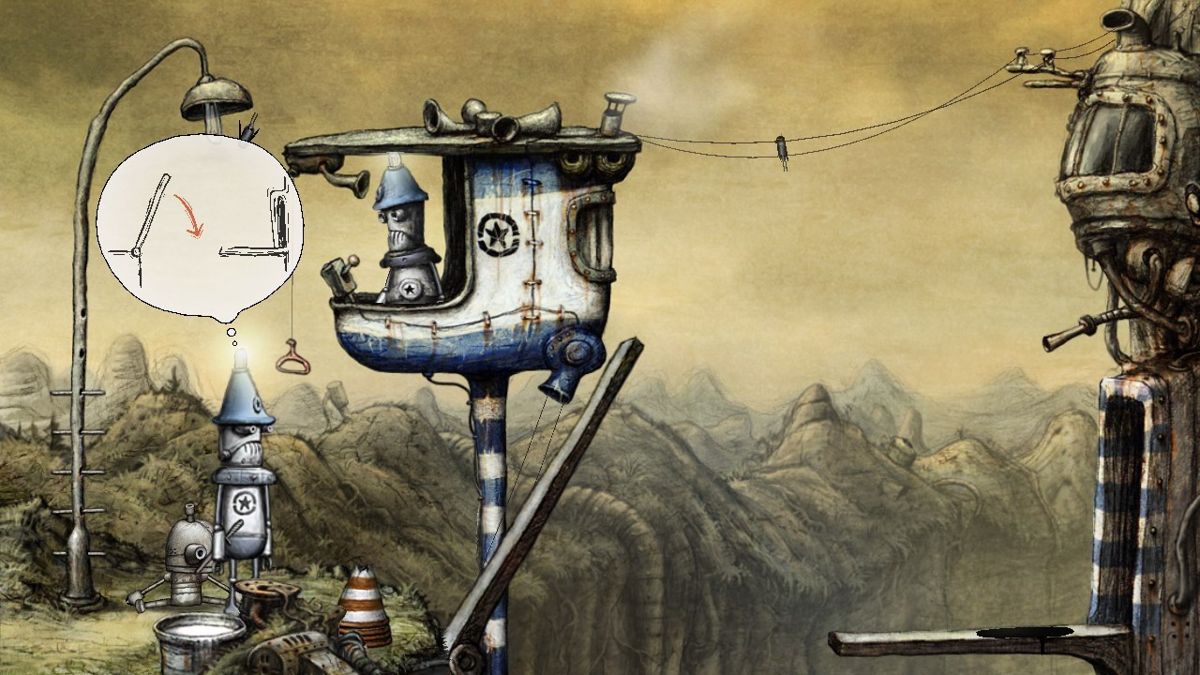
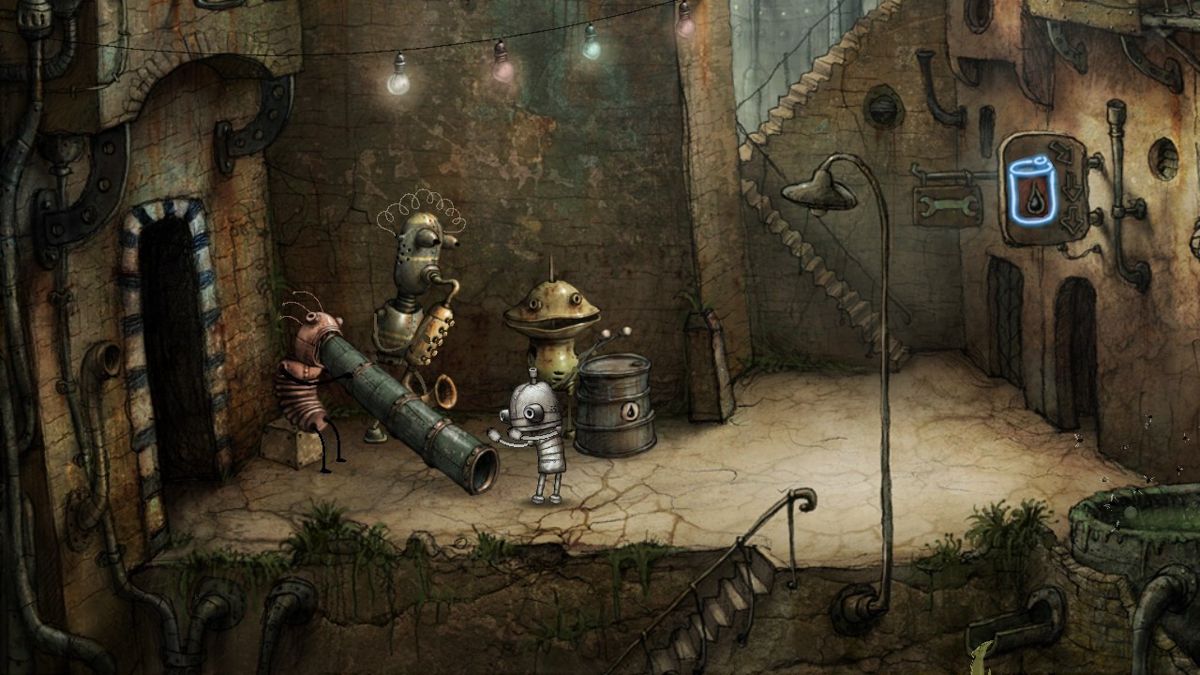
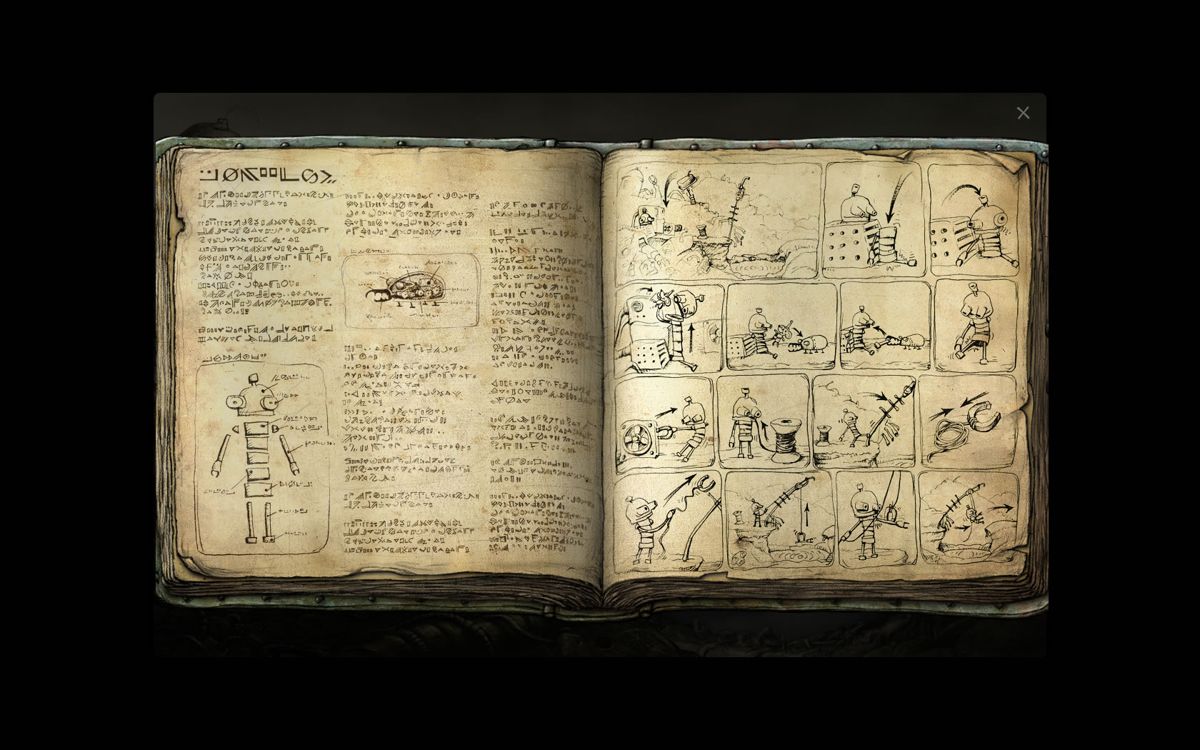
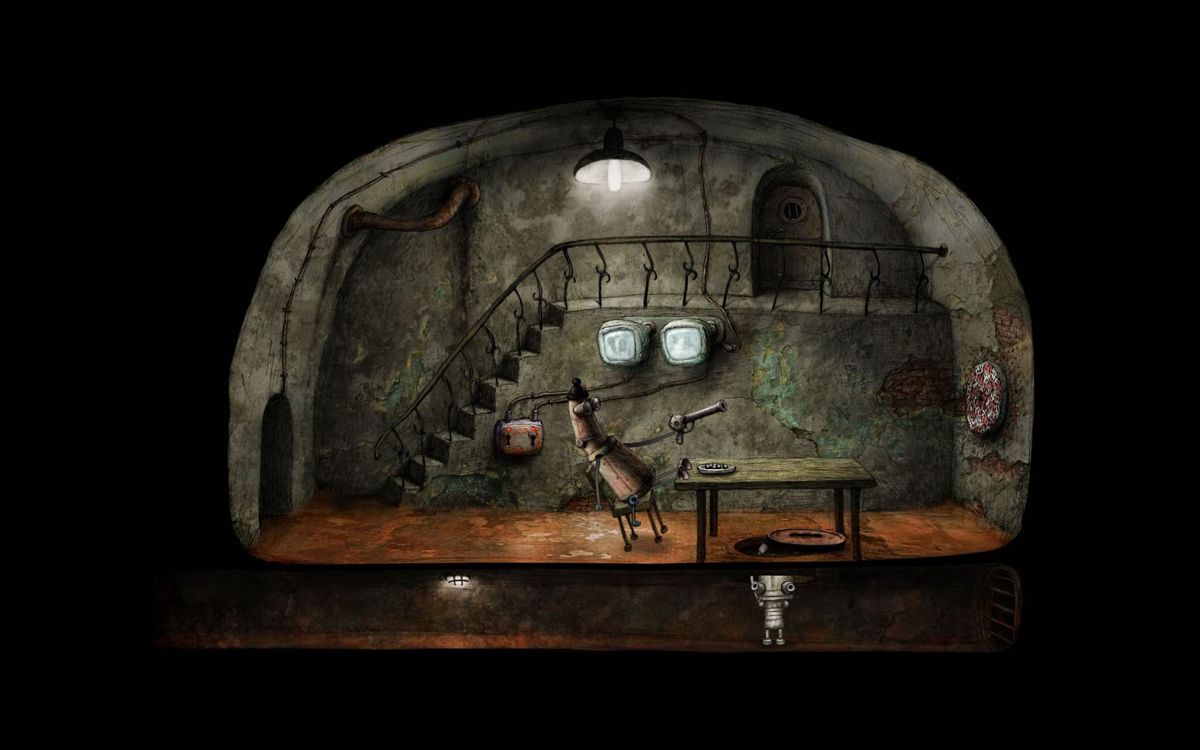



Reviews
There are no reviews yet.